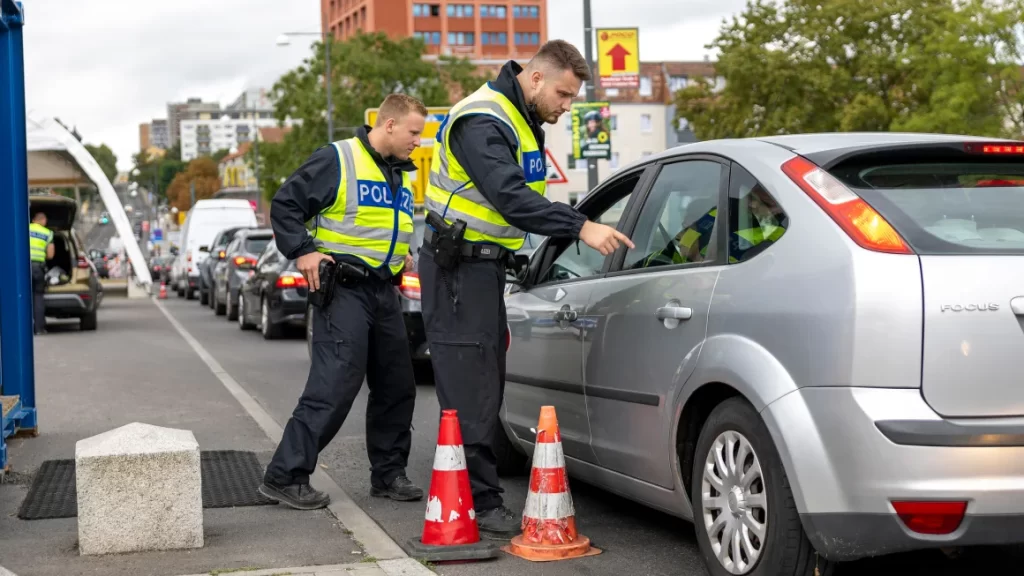Germany Tightens Migration Controls at All Land Borders, Sparking Anger Among European Neighbors

As part of a crackdown on immigration, Germany has implemented additional border controls across all of its land borders, which has affected free movement inside the Schengen Zone and drawn condemnation from neighboring European countries.
Germany will begin conducting internal border checks with France, Luxembourg, the Netherlands, Belgium, Denmark, Austria, Switzerland, the Czech Republic, and Poland on Monday. A statement from the Interior Ministry states that Berlin will have the power to refuse access at these borders. There will be a six-month trial period for these new regulations.
This action demonstrates a dramatic change in Germany’s immigration policy. Prior to this, during the 2015–2016 migrant crisis, Germany had accepted over a million newcomers under Chancellor Angela Merkel. However, the administration is now implementing harsher measures in line with other European nations in reaction to a growing far-right opposition.
Nancy Faeser, the interior minister, made an announcement that focused on combating irregular migration and bolstering internal security. In part, the action is meant to shield German nationals from possible dangers like Islamist terrorism and significant transnational crime.
The new limits have put Europe’s unity to the test and drawn criticism from surrounding nations. Donald Tusk, the prime minister of Poland, has called for immediate talks with the impacted countries, deeming the stricter regulations intolerable. Concerns about receiving refugees who have been turned away by Germany have also been voiced by Greece and Austria.
The plan has drawn criticism from Germany’s Council for Migration, which called it a dangerous kind of populism and warned that it would contravene EU law. They are pushing for an evidence-based discussion of European migrant policy.
Olaf Scholz, the chancellor of Germany, is under pressure to handle the issue of excessive immigration, especially in light of recent terrorist events and an increase in people entering the country from the Middle East and Ukraine. The far-right Alternative for Germany (AfD), which is anti-immigrant and anti-Islamic, is also exerting pressure on the coalition administration.
The new security protocols come after a recent attack in Solingen, where a 26-year-old Syrian man who was supposed to be deported killed three people. He was suspected of having ties to ISIS.




